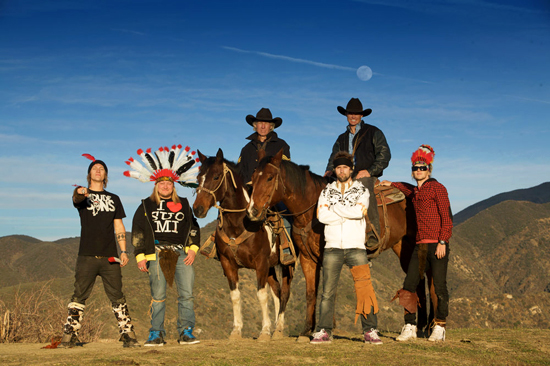By Charles J. Ogletree Jr. and Johanna Wald
Racial inequality is perpetuated less by individuals than by structural racism and implicit bias. Evidence of structural inequality is everywhere: in the grossly disproportionate numbers of young black men and women in prison; in the color of students shunted into remedial and special education tracks; in the stubborn segregation of our neighborhoods and schools; in the lack of recreational and academic opportunities for children of color in poor communities; in the inferior medical treatment that people of color receive; and in the still appallingly small numbers of men and women of color in law firms, corporations and government. It is evident, too, in the history of blatant discrimination against black farmers practiced by the Agricultural Department.
But that does not make doctors, nurses, police officers, judges, teachers, lawyers, city planners, admission officers or others prejudiced. Most are well-intentioned professionals who believe themselves to be free of racial bias. From their perspective, it is not easy to connect individual actions and decisions to broader structural conditions and environments built up over decades and even centuries.
Implicit bias is a reality we must confront far more openly. A growing mass of compelling research reveals the unconscious racial stereotypes many of us harbor that affect our decisions. Such attitudes do not make us prejudiced; they make us human. Those who take the Implicit Association Test often express shock when results show that their unconscious biases conflict with their explicit egalitarian values and ideals. Nonetheless, white and black test-takers match black faces more quickly than white ones with words representing violent concepts and are more likely to mistake a harmless object for a gun when it is carried by a black person. One study found that the more stereotypically black the features of a criminal defendant, the harsher the sentence he or she is likely to receive. Implicit bias has been shown to factor into hiring decisions and into the quality of health care that individuals receive. Mazharin Banaji and Jerry Kang, leading scholars on implicit bias, have noted: "As disturbing as this evidence is, there is too much of it to be ignored."
This is a good analysis, but I disagree with the claim that implicit bias doesn't make us prejudiced. Making pre-judgments that affect our decisions is the textbook definition of prejudice.
The authors must think "prejudice" means a conscious feeling of superiority or hatred toward others. Wrong, as a dictionary would reveal.
In other words, the authors' claim that "it makes us human" is another way of saying humans are prejudiced. The authors may be afraid to hurt their readers' feelings, but I'm not. Some people are explicitly prejudiced and more are implicitly prejudiced. The latter group includes everyone who thinks The Dudesons, hipster headdresses, and Indian mascots are okay.
No one is saying these people are "bad," but we're also not saying they're perfectly good. They have a problem and they need to work to overcome it. Ignorance and apathy aren't acceptable.
If you think it's okay to believe Indians are chiefs, savages, or drunks, think again. Stop acting like a child who believes in Santa Claus and start learning. Educate yourself about Indians and other minorities to alleviate your implicit prejudice.
For more on the subject, see:
Minorities suffer microaggression
Hollywood's cultural conservatism
Subconscious racism proved
Study shows people ignore racism
No discrimination if Indians happy?
Meyer's unconscious racism
Below: Explicit prejudice then...

...has become implicit prejudice now.


2 comments:
Thanks for leaving this "general racism" item open for comments.
And, on the above "dissenting views locked out" item, you said
" Needless to say, this analysis applies to other minorities too. For Latinos, it's "the illegal immigrants are coming to get you." For Muslims, it's "the terrorists are coming to get you." For Indians, it's "the greedy casino owners are coming to get you--to take your money, your land, and your rights."
Do you have any evidence of some big split between liberals and conservatives re; Indian gaming?
Post a Comment